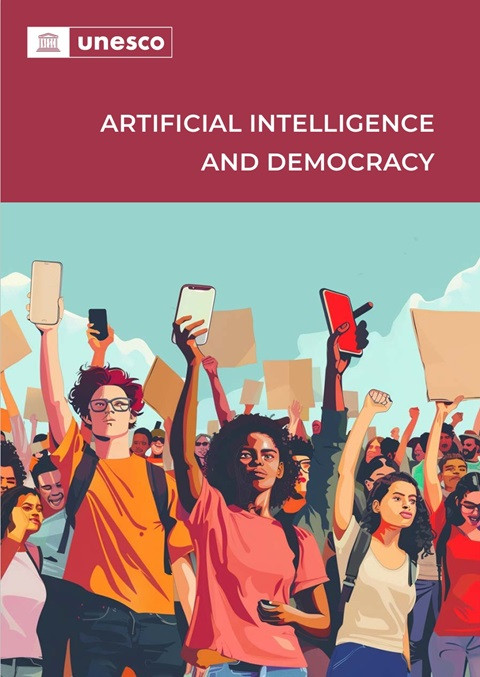
GCED Basic Search Form
Quick Search
Вы здесь
Ресурсы

UNESCO’s Recommendation on the Ethics of Artificial Intelligence, adopted by all Member States in November 2021, is the first global policy framework for artificial intelligence (AI) and outlines different aspects of this technology that directly impact political life.
The initial considerations of the Recommendation outline the potential ramifications of AI across diverse domains, notably its implications for democracy.
This report builds on these analyses and recommendations, aligning with the core values and principles outlined in the Recommendation. It delves into the current and potential impact of artificial intelligence on democracy and the benefits that both artificial intelligence and digitalization, in general, could bring to enhancing collective decision-making processes.
This analysis is structured around four key topics:
1. The democratic expectations and disappointments of digitization
2. The new digital public space: the democratic conversation
3. The democracy of data: the politics of Big Data
4. Democracy as a form of political decision-making: algorithmic governance
Finally, this report offers recommendations for the democratic governance of artificial intelligence aimed at mitigating neative impacts and fostering a more democratic approach to AI governance.
